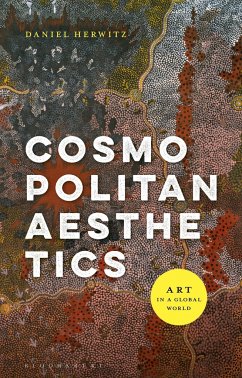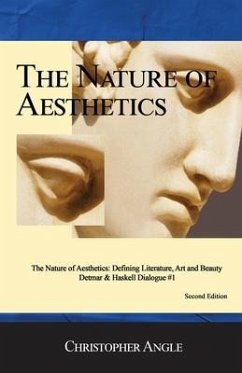
Aesthetics and Morality
The Power of Art
Herausgeber: Matravers, Derek
Versandkostenfrei!
Erscheint vorauss. 4. März 2027
27,99 €
inkl. MwSt.
Weitere Ausgaben:
Does a work of art have to be morally admirable in order to be aesthetically valuable? In this updated introduction, Elisabeth Schellekens explores the intersection of two major branches of philosophy. Tracing the history of aesthetics and ethics through the ideas of Plato, Reid, Hume and Kant, Schellekens connects ancient and modern thinkers to debates in analytic aesthetics. Packed with examples including The Triumph of the Will, Mozart's Don Giovanni and Jean-Luc Godard's A Bout de Souffle , this 2nd edition now features illustrated case studies and expanded coverage of recent topics such a...
Does a work of art have to be morally admirable in order to be aesthetically valuable? In this updated introduction, Elisabeth Schellekens explores the intersection of two major branches of philosophy. Tracing the history of aesthetics and ethics through the ideas of Plato, Reid, Hume and Kant, Schellekens connects ancient and modern thinkers to debates in analytic aesthetics. Packed with examples including The Triumph of the Will, Mozart's Don Giovanni and Jean-Luc Godard's A Bout de Souffle , this 2nd edition now features illustrated case studies and expanded coverage of recent topics such as cultural appropriation and how we judge the work of immoral artists. Inviting us to reflect on the nature of beauty, art and morality, Schellekens explains the knowledge needed for a more rigorous reflection and how moral values shape our aesthetic judgements.











![Experiments on Colour Aesthetics [microform]: Binary Combinations of Colours, Tints and Shades: First and Second Articles: Thesis Presented to the Uni Cover Experiments on Colour Aesthetics [microform]: Binary Combinations of Colours, Tints and Shades: First and Second Articles: Thesis Presented to the Uni](https://bilder.buecher.de/produkte/65/65623/65623568n.jpg)

